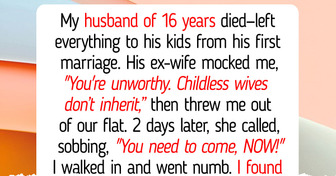It's not the tattoos or the makeup mate, it's the fact you're an attention seeking "content creator" that makes ppl not want to employ you.
I Couldn’t Get a Job Because of My Face Tattoos and I Think It’s a Discrimination
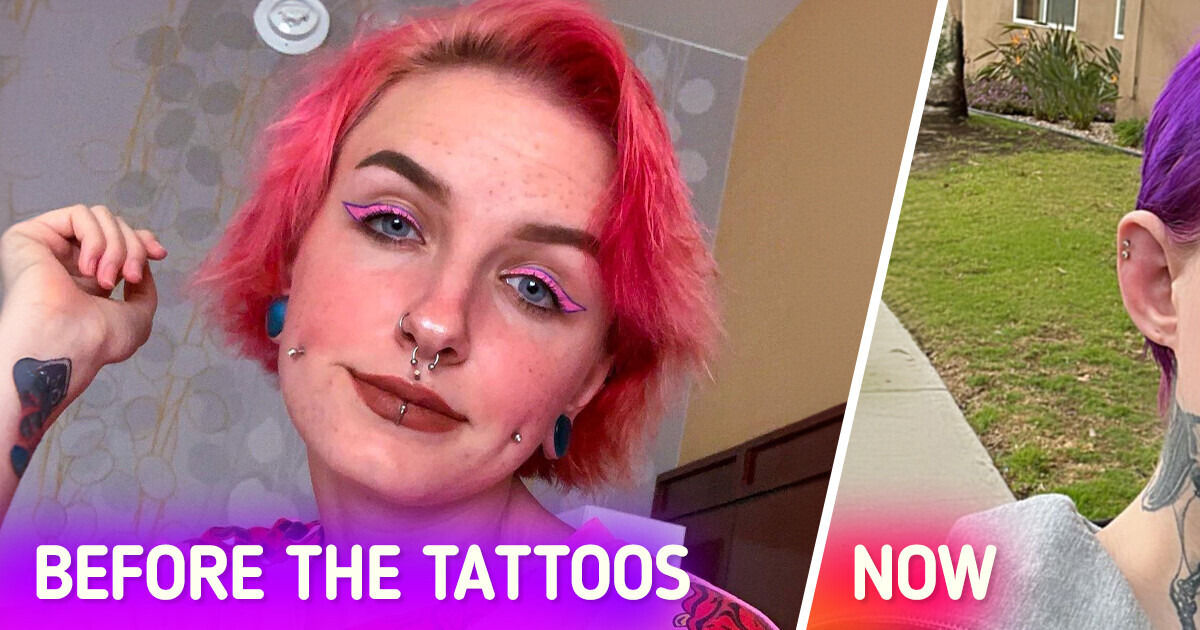
Ash Putnam, a 23-year-old Uber Eats driver and social media content creator, recently found herself in the spotlight. Putnam, who sports a distinctive skull with horns tattooed on her neck and a large silver ring septum piercing, shared her frustration with the hiring process and the potential bias against her body art.
The job application experience
Putnam applied for a job at a famous store chain but received an automated email informing her that she would not be considered for the position. The email provided no specific reason for the rejection. Suspecting that her visible tattoos and piercings might have played a role, Putnam decided to confront the store directly.
Upon visiting the store, Putnam asked a manager why she wasn’t hired. She recounted being told that her lack of experience was the reason for her rejection. Skeptical, Putnam pressed further, asking if her tattoos were a factor. The manager denied this, but Putnam remained unconvinced.
The broader issue of job discrimination
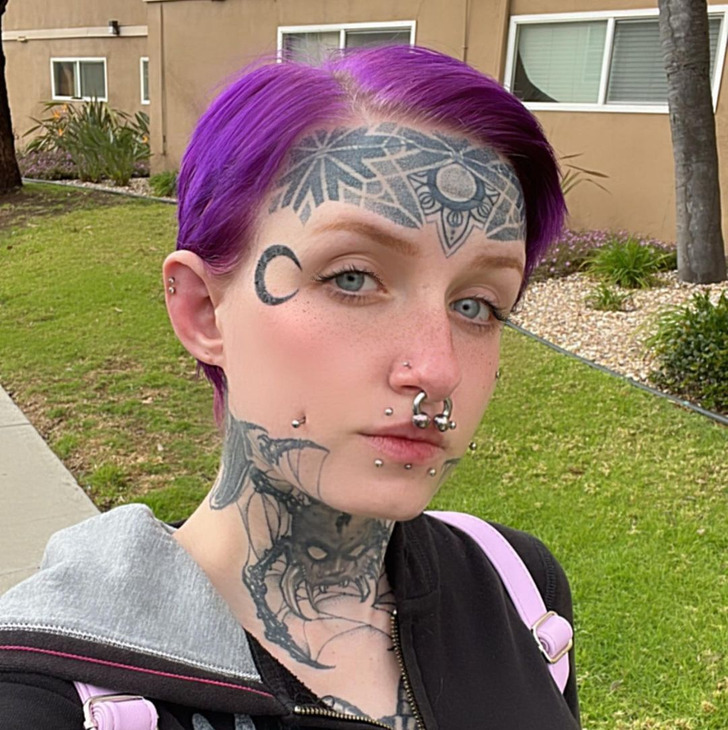
I probably would not even hire you to walk the dogs. If you want the tattoos, fine, your choice, but my choice to not have to look at you.
Putnam’s experience raises questions about how employers perceive body art in the workplace. She argued that many highly intelligent and capable individuals have tattoos and piercings, which do not affect their job performance. “I hate that my tattoos are such a defining factor for me getting a job or not,” she said. “Just because I have tattoos doesn’t mean I’m not going to be a good worker.”
Job discrimination due to tattoos remains a contentious issue in the modern workplace, reflecting broader societal tensions around personal expression and professional norms. Despite growing acceptance of body art in various cultural contexts, many employers continue to view visible tattoos as unprofessional, potentially affecting their hiring decisions. This bias can result in qualified candidates being overlooked based on their appearance rather than their skills or experience, perpetuating a cycle of exclusion for individuals who choose to express themselves through tattoos.
Employment challenges for youth
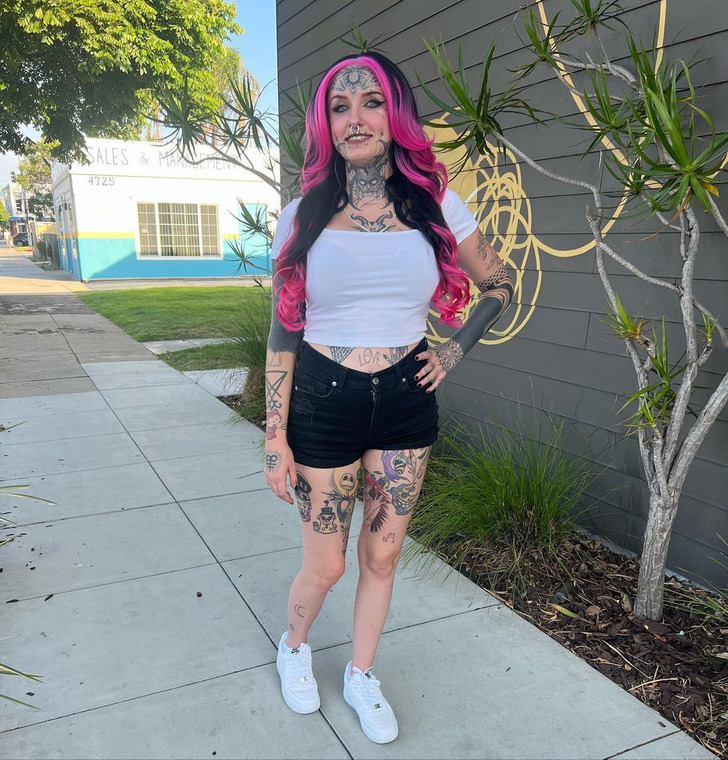
maybe stop leaning on tattoos for self-confidence. anyone saying it looks good is obviously lying.
Putnam also voiced concerns about the difficulty young people face when trying to secure entry-level jobs without prior experience. “So younger people just can’t get a job because they haven’t worked enough?” she asked. “So, like, they’ll deny a 16-year-old a job because they don’t have enough work experience?”
Social media reaction
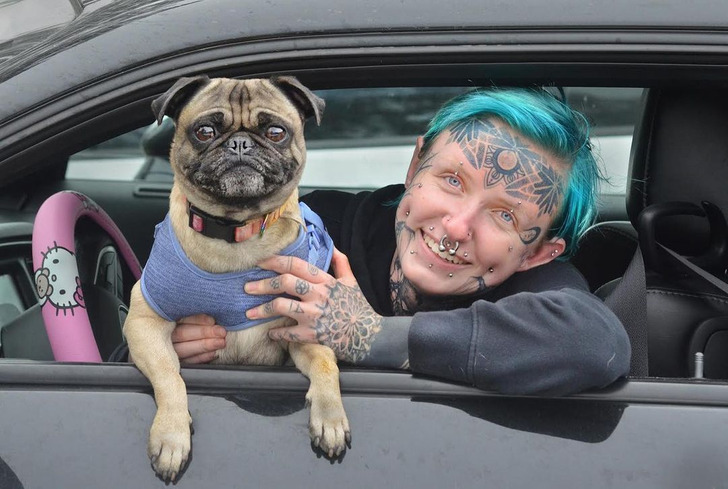
Waaaah, waaah, waaaah. You look like a freak. Period.
Putnam’s TikTok video, which has garnered 9.7 million views, sparked a heated debate. Some former employees and hiring managers from the same store chain weighed in, confirming that visible tattoos and piercings could indeed influence hiring decisions. One user stated, “I used to be a hiring manager for TJ Maxx, and I will tell you it’s the facial piercings and tattoos.”
However, many commenters sided with the store, arguing that individuals should understand the consequences of visible body modifications. “Most times, when you flip the bird at society, society flips one right back,” one commenter wrote.
Putnam’s experience highlights a broader societal debate about the acceptance of body art in professional settings. While some argue that personal expression should not be a barrier to employment, others maintain that certain standards must be upheld in customer-facing roles.
As the conversation continues online, it remains clear that body art and employment discrimination is a topic that resonates with many, reflecting broader cultural and generational shifts.
Comments
Related Reads
A Homeless Woman Receives a Full Makeover and Impresses the Whole World
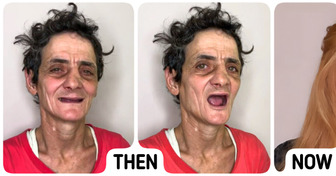
“Pushing 60, Trying to Look 30,” Nicole Kidman’s New Bold Style Is Deemed Age-Inappropriate
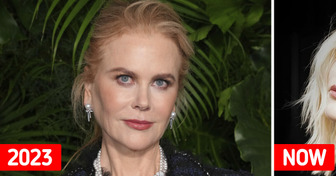
20+ Shocking Finds People Had to Share With the Internet
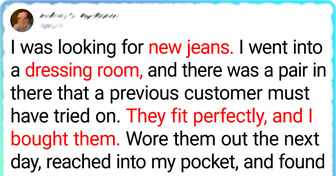
16 People Who Helped Us Believe in Humanity

«What Did She Do to Her Face?» — Shania Twain’s New Look Shocks People
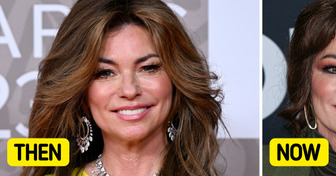
A Man Reveals Dramatic Results of Eye Plastic Surgery and Facial Fillers Removal, Leaving People Stunned
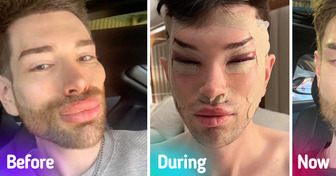
7 Tips to Absolutely Keep in Mind When You Have a Teenager
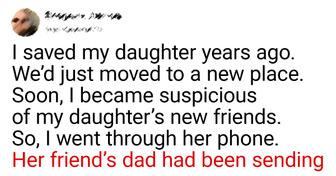
16 Stories That Show Kindness Brings Lightness to Life’s Heaviest Moments

18 Hotel Stays That Went Off-Script in the Most Unforgettable Ways
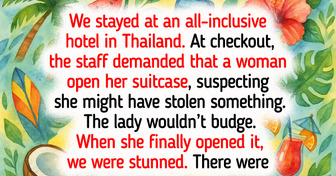
11 Times People Showed That Real Courage Isn’t Loud—It’s Kind
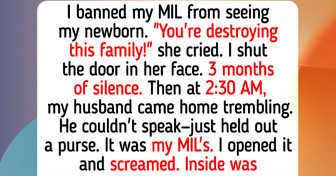
I Refused to Expose My Salary to My Parents, Now My Life Is Falling Apart
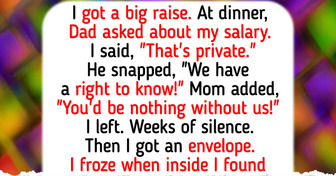
10 Moments That Prove Kindness Still Wins in an Unfair World
